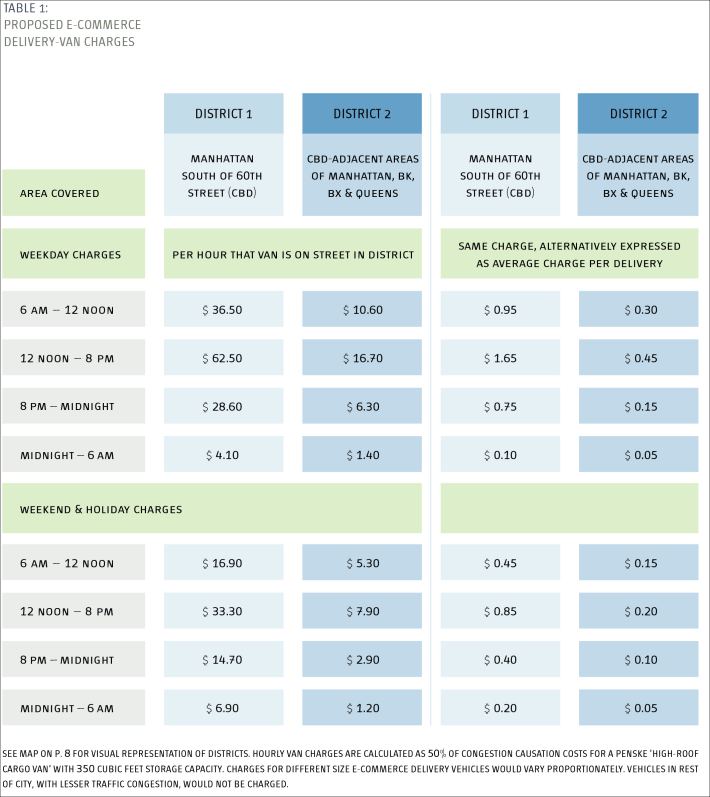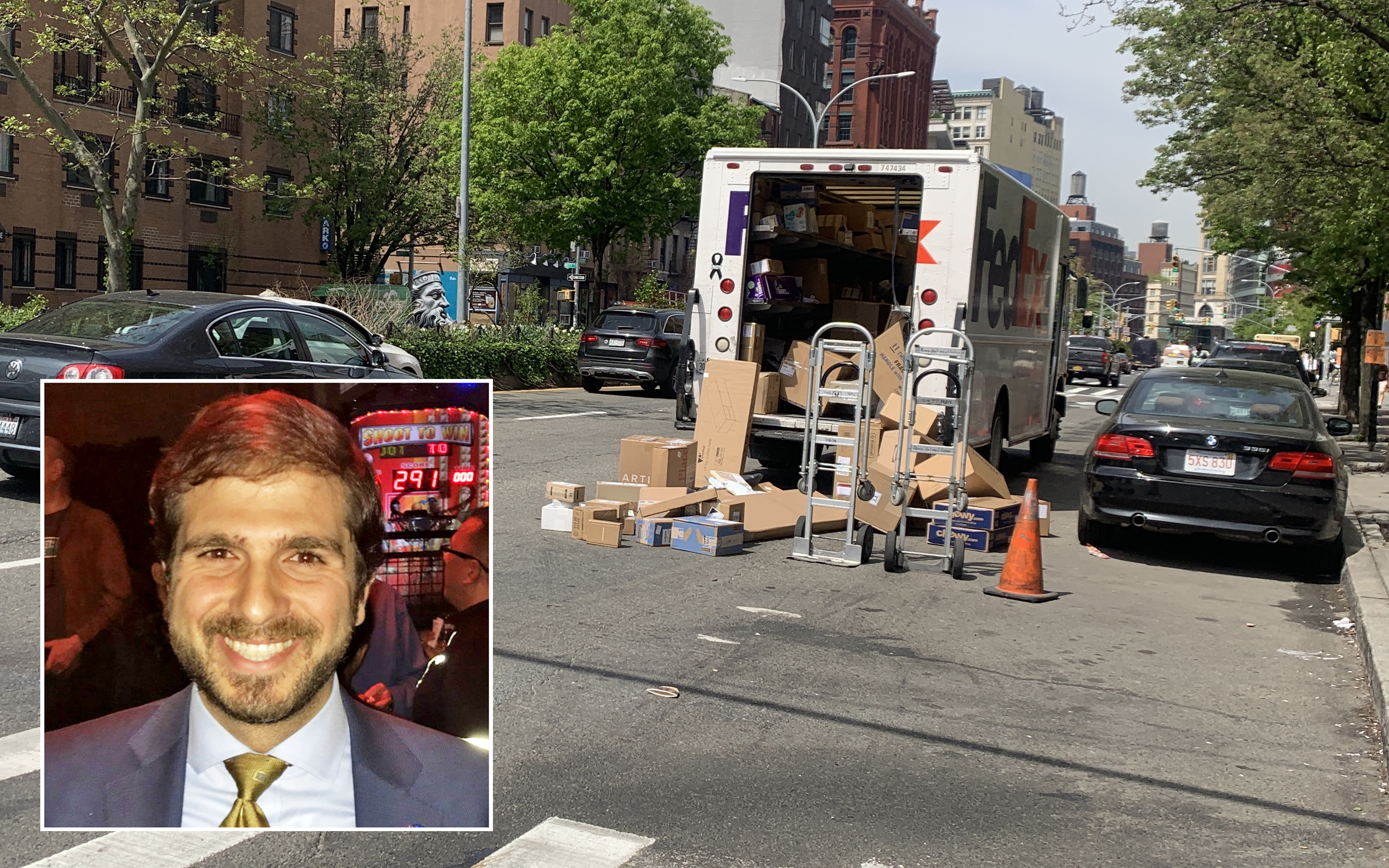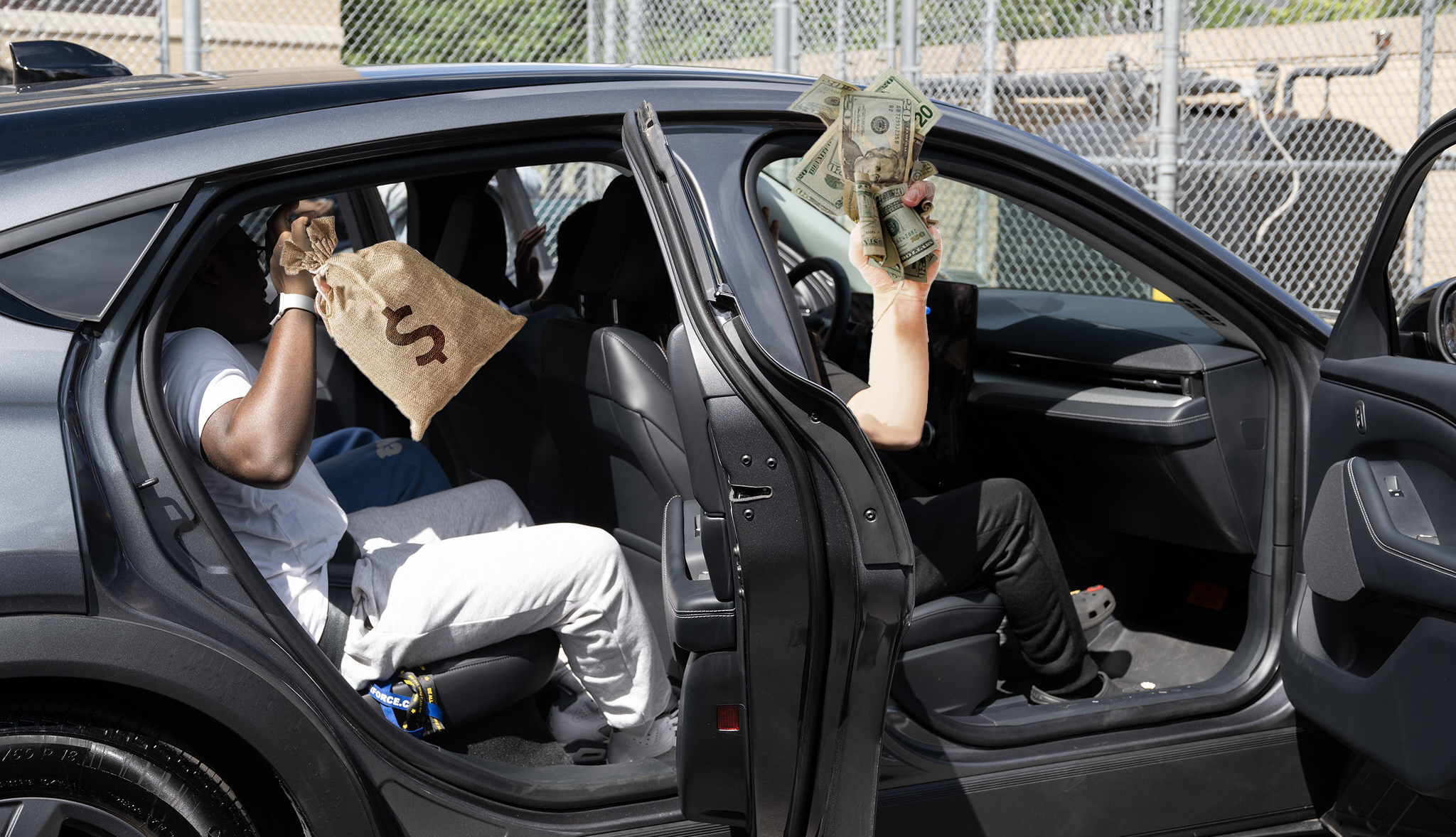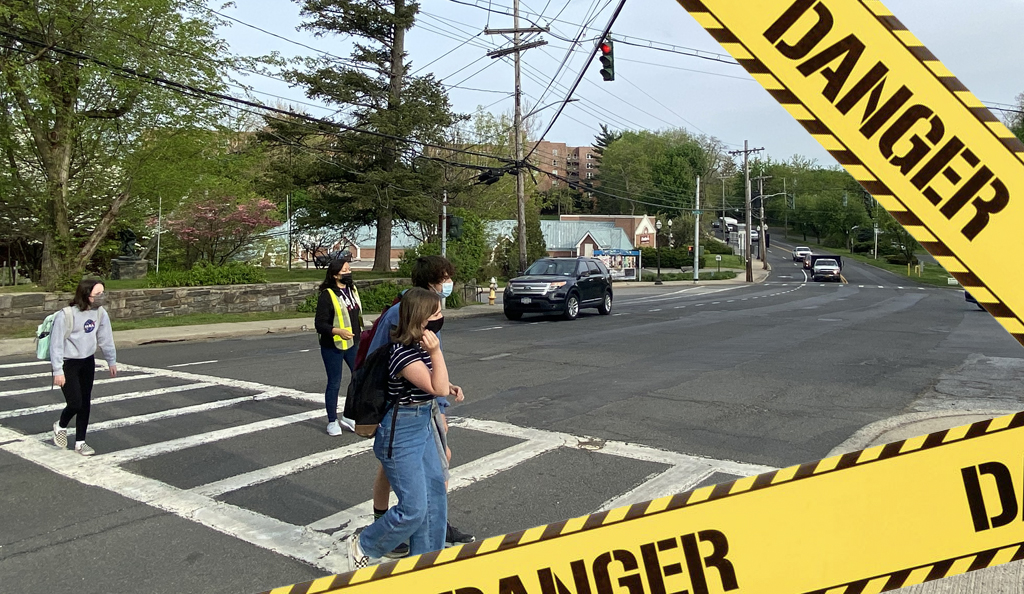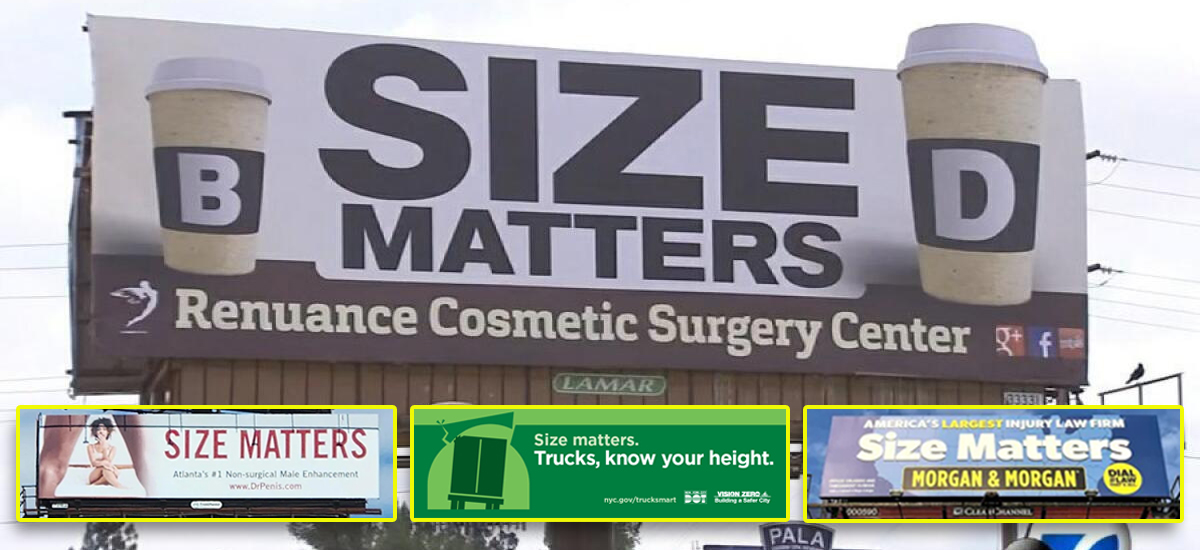New Yorkers who shop online would pay an extra 25 cents per package under a new state proposal to raise $226 million annually for city infrastructure.
State Sen. Andrew Gounardes's bill, which was introduced on Wednesday, aims to combat the city's growing addiction to instant delivery. The number of packages delivered on New York City streets every day has reportedly risen from 1.5 million to 2.3 million since the start of the pandemic.
The money raised from just a 25-cent tax could be bonded to fund $1 billion per year in infrastructure construction, Gounardes said. Such an infrastructure fund would could funnel cash to mitigate the harms of the increased trucking on city streets, he said.
"These packages are on trucks that are clogging up our roadways, contributing to the structural demise of the Brooklyn-Queens Expressway and air pollution," said Gounardes (D-Bay Ridge). "We're proposing an infrastructure fund to help pay for some of the capital costs to mitigate some of the consequences of last-mile trucking, and freight growth."
Gounardes's bill is the latest in a burgeoning effort to regulate the expanding last-mile delivery industry in New York, which relies on warehouses in Sunset Park, Red Hook, the South Bronx and parts of Queens.
Other regulatory proposals include one to regulate where the warehouses are placed and another regulate the emissions associated with them. Another bill, from Assembly Member Robert Carroll (D-Windsor Terrace), would slap a $3 tax on every online retail order, and would fund the MTA as opposed to the city.
Gounardes said he preferred funding the city because of the direct challenge it is facing.
"The way we're thinking about it is, who's paying for and dealing with all these issues right now?" said Gounardes. "It's New York City ... so this is a New York City-only bill. It just seemed like a natural fit for New York City to control this fund so it can make these improvements."
The explosion of online delivery will balloon the number of trucks on city streets if officials don't take action, according to city forecasts — from 120,000 daily trucks today to almost 200,000 per day by 2045.
Gounardes said the adverse impacts of so many trucks on the road means people either need to pay for their reliance on instant delivery needs, or slow it down.
"Our addiction to delivery on demand is clogging our streets, is weakening our roadway infrastructure, is polluting our neighborhoods, and we have to deal with those costs and consequences," he told Streetsblog.
"If everyone agreed tomorrow to stop ordering two and a half million packages from Amazon per day, it wouldn't be as urgent a need. The reality is we have all become accustomed to one-click shopping. We have to consider the consequences and the downside of that type of behavior."
A spokesperson for City Hall said the Adams administration would "review" the bill because it was so new. But the spokesperson added that officials "appreciate creative ideas to limit emissions ... and advance important infrastructure projects."
Current legislative approaches slap a flat fee onto deliveries or orders, but they're a blunt instrument compared to a more sophisticated approach advocated last year by mobility expert Charles Komanoff, who argued that the city should impose a minute-by-minute tax on e-commerce companies like Amazon, UPS, and FedEx for the time they spend traveling our congested streets, as Streetsblog reported.
Per-minute charges would reduce gridlock, reduce pollution, speed buses, incentivize more sustainable ways of bringing in packages like cargo bikes, and cut the estimated $400 million that New Yorkers lose sitting in e-commerce-delivery-caused traffic.
The per-truck charges would be based on the area in which the companies are delivering, ranging from as high as $1.04 per minute midday during the week in Manhattan’s Central Business District (below 60th Street), to as low as 2 cents per minute for overnight deliveries in adjacent neighborhoods in Brooklyn, Queens, and the Bronx (see chart):
